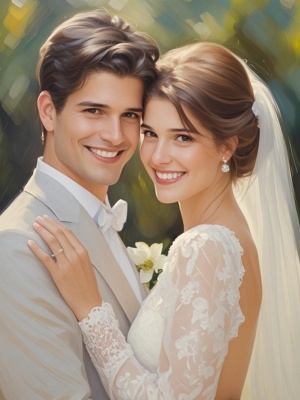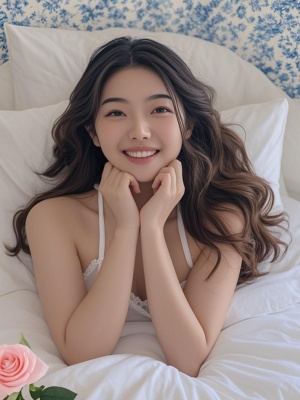The Timeless Art of Classical Oil Painting Portraits
Introduction: The Enduring Legacy of Oil Portraiture
Classical oil painting portraits represent one of the most revered art forms in human history, capturing not just physical likeness but the essence of personality through masterful brushwork. For centuries, artists like Rembrandt, Vermeer, and Titian perfected techniques that continue to inspire contemporary portrait painters. This article explores the rich tradition of classical oil portrait painting, examining its historical significance, technical challenges, and modern applications.
The Golden Age of Oil Portraiture
Historical Context and Evolution
The Renaissance marked the golden age of classical oil painting portraits, with artists developing revolutionary techniques that transformed portrait art. The invention of oil paints in the 15th century allowed for unprecedented realism through:
- Layering translucent glazes
- Creating luminous skin tones
- Achieving remarkable texture and depth
For those interested in historical techniques applied to modern portraits, our Portrait to Art Detail guide offers valuable insights.
Technical Mastery in Classical Portraiture
Essential Techniques Every Portrait Artist Should Know
Creating authentic classical oil painting portraits requires mastery of several fundamental techniques:
- Underpainting with earth tones to establish values
- Building layers from thin to thick paint consistency
- Mastering the alla prima (wet-on-wet) technique
- Understanding chiaroscuro lighting effects
Contemporary artists can enhance their skills through resources like the AI Painting Guide, which bridges traditional and digital methods.

Challenges and Solutions in Classical Portrait Painting
Problem-Solution Matrix for Portrait Artists
Even masters face challenges when creating classical oil painting portraits. Here's how to address common issues:
| Challenge | Solution |
|---|---|
| Flat facial features | Use temperature variations in skin tones |
| Unnatural skin texture | Apply broken color technique |
| Lifeless eyes | Add reflective highlights and subtle color variations |
The Modern Renaissance: Classical Techniques in Contemporary Art
Today's artists combine traditional oil painting portrait methods with modern technology. Digital tools now allow for:
- Precise color mixing simulations
- Virtual canvas preparation
- Advanced lighting studies
For those exploring digital alternatives, our Gallery showcases how classical techniques translate into digital formats.
Conclusion: Preserving a Timeless Art Form
Classical oil painting portraits remain the gold standard of portrait art, embodying centuries of technical refinement and artistic vision. While modern tools offer new possibilities, the fundamental principles of observation, composition, and paint handling continue to define exceptional portraiture. Whether working traditionally or digitally, today's artists stand on the shoulders of giants, continuing a legacy that connects us to our shared human experience.

For further exploration of portrait techniques across different media, visit the National Portrait Gallery or study the works of contemporary masters like Jeremy Lipking who keep the classical tradition alive.